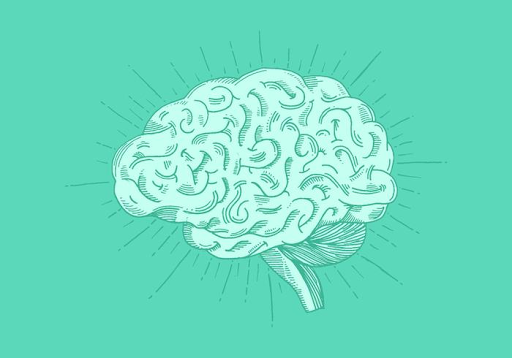In a recent post, we discussed the effects of cognitive biases on our spending habits.
We mentioned that no one is immune to these biases and that we’ve all succumbed to at least a few of them on occasion.
However, we’re not encouraging the victim mentality here.
Even though cognitive biases can get the best of us at times, we can keep them under control with a little self-awareness. More importantly, we can diffuse them before they lead us to blow our finances.
As a reminder, we’ll give you pointers on countering the five following biases: Placebo Effect, Confirmation Bias, Bandwagon Effect, Anchoring Bias, and Choice-Supportive Bias.
Placebo Effect

Reminder/Summary: When something seems to have an effect on you because you believed it would beforehand. It is a popular phenomenon associated with nutritional supplements and prescription drugs.
Why It’s Problematic: You might think that a product (or service) offers you benefits or result that it actually doesn’t. That could lead to you wasting money and in the case of medicine, unpleasant and even dangerous side effects (which you could have avoided).
The Counter: Do your research when a product claims to do something. The method of action it might claim to use could be hinged on unscientific claims. The more research you can do upfront, you might be able to separate the authentic solutions from the snake oil.
Confirmation Bias

Reminder/Summary: The tendency to search for or recall information that confirms one’s preexisting beliefs, theories and hypotheses.
Why It’s Problematic: From a consumer perspective, you may ignore new information that disproves an old notion. That could unnecessary, unwise or even unhealthy purchase decisions.
The Counter: Although it’s easier said than done, try to separate your beliefs from reality. Consider all available information, whether it’s product details, a financial product or anything else that incurs a cost. Don’t make a decision based on the first thing you hear or see.
Bandwagon Effect

Reminder/Summary: The bandwagon effect occurs when the rate of adoption for a belief, idea, trend or movement increases because others have embraced that idea.
Why It’s Problematic: The danger with the bandwagon effect is that people don’t think for themselves – they make decisions based on what a group does. That could mean making a purchase or investment in a volatile market that leads to financial losses due to following the crowd.
The Counter: Understand your motivations. If you’re simply buying something or buying into an idea because of popular opinion, think twice about your choice. Consider the possible resentment and regret you may feel towards your purchase or investment in the future, rather than initial gratification of fitting in.
Anchoring Bias

Reminder/Summary: The anchoring bias refers to the act of taking the first piece of information one receives about something and then making decisions based on that info alone. Even when new information surfaces, individuals with an anchoring bias will likely ignore it.
Why It’s Problematic: Knowledge about the benefits of a product or financial practice can change continuously. Failing to consider new information can keep you trapped in an old financial habit that proves costly or damaging.
The Counter: Give yourself some time before embracing a product, financial strategy or any idea for that matter. Although it may receive plenty of praise initially, more information may surface to show its downsides or reasons why you should avoid it altogether.
Choice-Supportive Bias

Reminder/Summary: Simply put, a choice-supportive bias involves rationalizing and defending one’s purchase decisions after the purchase was made.
Why It’s Problematic: The problem with this bias is that if you’ve already bought a product or bought into an idea, you might not be able to undo that transaction (of course, you can if you have receipt). You might justify continuously making such a purchase even if it has no benefit for you or actually endangers your health and safety.
The Counter: Don’t wait until you’ve bought something to rationalize its benefits. In fact, if you can’t see a benefit or advantage for having said item before buying it, then you probably don’t need (or even want) it as much as you think.
Reclaim Your Brain from Biases
Cognitive biases have a powerful influence on your psyche and purchase decisions. If your brain was a control room full of dials and cognitive biases were operators of those dials, there could be a lot of imbalances!
But once you recognize them, you can keep them at bay.
With the recognition of bias, your decision-making power returns to your hands. And as Uncle Ben told Peter Parker in Spiderman, “With great power comes great responsibility!”.

